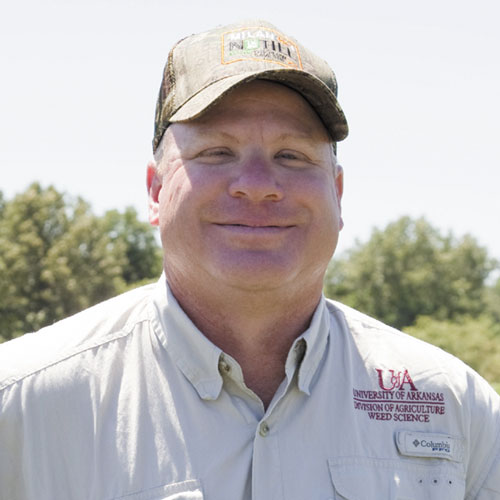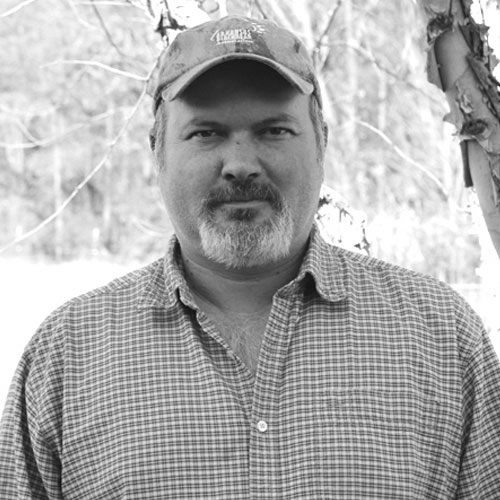(Click on play button above for video.)
Meet the Speakers


About this Session
Cover Crops Reduce Early Season Weed Competition
Presented by: Dr. Tom Barber
Extension Weed Specialist, U of A Division of Agriculture
Cover crop acreage is increasing in Arkansas for several reasons including potential benefits in weed control. Palmer amaranth (pigweed) emergence has been significantly reduced when a cereal rye cover crop was implemented. However, successfully reducing pigweed emergence can be directly related to cover crop termination timing. The research data presented provides appropriate cover crop termination timings to significantly reduce Palmer amaranth emergence at planting and beyond.
Weed Control In Cover Crops: What Worked, What Didn’t; Cover Crop Termination Timing
Presented by: Wes Kirkpatrick
Arkansas Farmer: Cotton
Kirkpatrick will discuss weed control efforts he’s tried in cotton that was planted into a cereal rye cover crop. Some have worked and some have not, especially in relation to pigweed. He will examine how the timing of the termination of a cover crop affects weed growth during the growing season.
After receiving his Bachelor’s Degree in biology with a minor in fisheries and wildlife management from the University of Arkansas at Little Rock, and his Master’s Degree in agronomy with a focus on soil science from the University of Arkansas at Fayetteville, he became a county agent with the University of Arkansas Division of Agriculture in the early 2000s in Desha County, Arkansas. Desha County has over a quarter million acres in agricultural production, which primarily includes cotton, soybeans, corn, and rice. There he met many farmers and his future wife, Vonda, a fifth-generation Desha County row crop farmer. He’s been associated with that farm since his marriage in 2003 and became a full-time farmer in 2016, now just completing his sixth full time crop.

